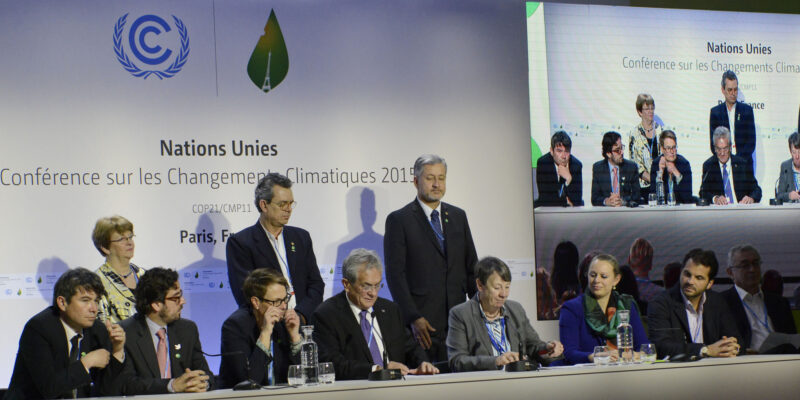Comment
Insights and expert analysis on climate issues.
Share


The 1.5℃ global warming limit is not impossible – but without political action it soon will be
Bill Hare, Dr Carl-Friedrich Schleussner
Whether Earth can stay within 1.5℃ warming involves two distinct questions. First, is it physically, technically and economically feasible, considering the physics of the Earth system and possible rates of societal change? Science indicates the answer is “yes” – although it will be very difficult and the best opportunities for success lie in the past.
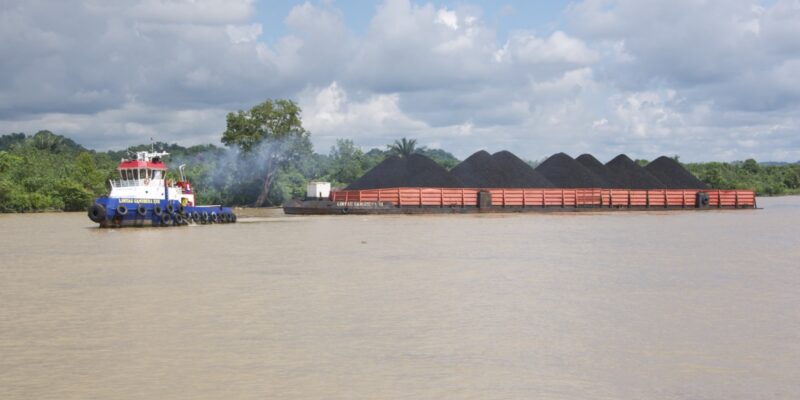
While many parts of the world are shifting away from fossil fuels, Southeast Asia remains a hot spot for coal expansion. The energy mix in Southeast Asia is already a problem for climate change, and it is set to get worse according to recent research, with plans for new coal-fired power plants across the region. This is in stark contrast to the need to phase out coal by 2040 to achieve the Paris Agreement goal of limiting global warming to 1.5 degrees Celsius.
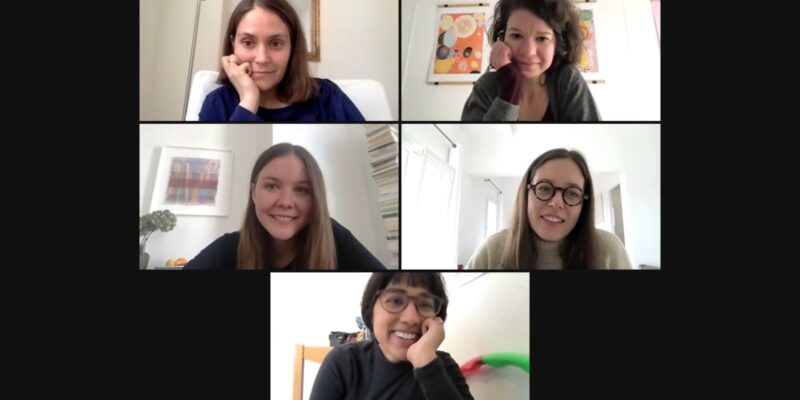
International Women’s Day: climate scientists who happen to be women
Dr Olivia Serdeczny
A year into COVID-19 restrictions, and the world has changed dramatically. Ahead of this year's International Women's Day, we spoke to some our scientists about their research, progressing their PhDs in a pandemic, and how they experience their gender in their work.
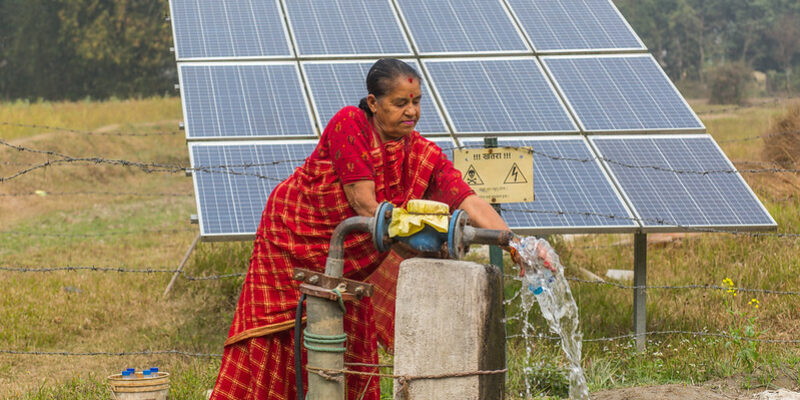
Nepal’s ambitious climate target has socio-economic prosperity at its heart
Manjeet Dhakal, Sneha Pandey
Last year, a number of low-income, climate vulnerable countries stepped up their Paris Agreement commitments, known as Nationally Determined Contributions (NDCs). These nations recognise that leapfrogging to climate-friendly development models would not only help save the planet and reduce risks posed by global warming, but that it also presents unique opportunities for social and economic progress. However, unlocking the full mitigation potential of these ambitious developing countries hinges on wealthy nations delivering on their climate finance promises.
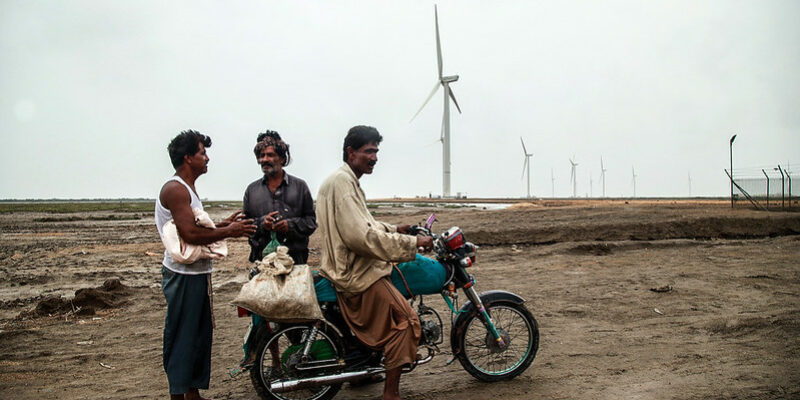
Following the recent net zero announcements from big emitters, and as the newly elected US president Biden sets to work enacting his ambitious national and international climate agenda, it is high time that South Asia uses the current global wave of optimism in the fight against climate change to boost regional cooperation.
